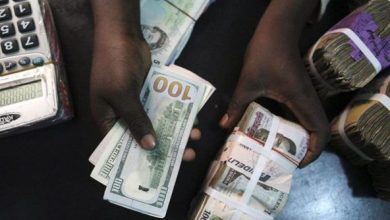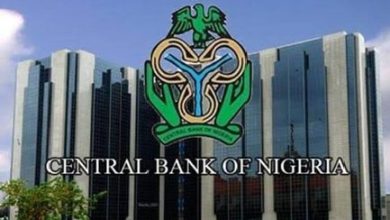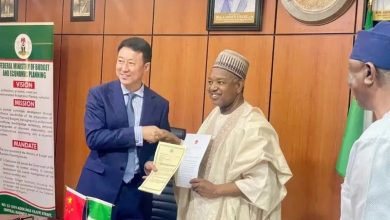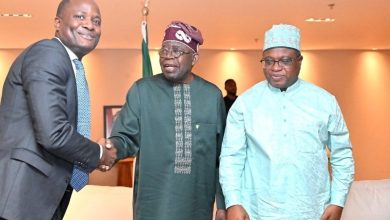Naira Strengthens Officially but Slides on Parallel Market
Official gains but street pain as naira rises in banks but drops on the streets.
Reserves fall, dollar demand grows, yet lower inflation brings a small sign of hope.
Nigeria’s foreign exchange market closed the week with diverging performances across segments, signaling the return of exchange rate disparity between the official and parallel markets. While the naira appreciated marginally at the official window, it weakened on the black market, raising fresh concerns about currency stability.
According to the Central Bank of Nigeria (CBN), the naira ended Friday at ₦1,545/$1, improving slightly from ₦1,546/$1 the previous day. Earlier in the week, the currency hovered around ₦1,541/$1 before dipping midweek to ₦1,547.5/$1 and then recovering by Friday. The modest uptick suggests continued intervention and policy support from the apex bank.
However, the story was different in the parallel market, where the naira lost ground over the same period. After opening the week at ₦1,590/$1 on Monday, it stayed flat at ₦1,600/$1 for three days before depreciating further to ₦1,605/$1 on Friday. These figures were gathered through independent market monitoring in Lagos and reflect rising pressure on dollar demand outside official channels.
The growing disparity between the two markets is once again sparking debate about currency valuation and sustainability, especially in light of efforts to unify rates and increase transparency in the foreign exchange regime.
Adding to the concerns, Nigeria’s foreign reserves have continued to shrink. Latest figures from the CBN show that reserves fell to $37.713 billion on Thursday, down from $37.736 billion the day before and a steady decline from $37.823 billion at the start of the week. While still relatively stable, the consistent decline signals a reduction in the central bank’s capacity to defend the naira through interventions if needed.
Despite these short-term concerns, macroeconomic indicators are offering a glimmer of optimism. Nigeria’s headline inflation rate eased for the second month in a row, falling to 22.97% in May 2025, compared to 23.71% in April. The latest figures, released by the National Bureau of Statistics (NBS), suggest that the country may have passed its inflation peak, a development welcomed by policymakers and market watchers.
This cooling inflation, combined with a rally in global oil prices, has improved the naira’s underlying fundamentals. Crude oil remains Nigeria’s top source of foreign exchange earnings, and the recent spike in prices fueled by escalating geopolitical tensions in the Middle East has increased investor appetite for naira assets.
Specifically, oil prices surged after Israel launched a significant preemptive military operation against Iran, triggering fears of a broader conflict and potential disruptions to critical oil supply routes. For Nigeria, higher oil prices typically mean stronger FX inflows and, by extension, improved external balance.
In response to these developments, key Nigerian economic stakeholders are ramping up coordination efforts. Finance Minister Wale Edun met earlier this week with CBN Governor Olayemi Cardoso and other top officials to discuss policy alignment aimed at sustaining inflation moderation and maintaining exchange rate stability.
A statement from the Federal Ministry of Finance emphasized the importance of harmonizing fiscal and monetary strategies to support price stability, foster investor confidence, and stimulate private-sector growth. The meeting reflects a growing consensus that macroeconomic gains must be consolidated through collaborative governance and market-oriented reforms.
As Nigeria moves into the second half of 2025, analysts believe the naira’s trajectory will hinge on the twin pillars of disciplined fiscal policy and effective monetary intervention. While recent inflation data and oil price trends offer hope, lingering exchange rate volatility and shrinking reserves mean the journey to currency stability is far from over.



